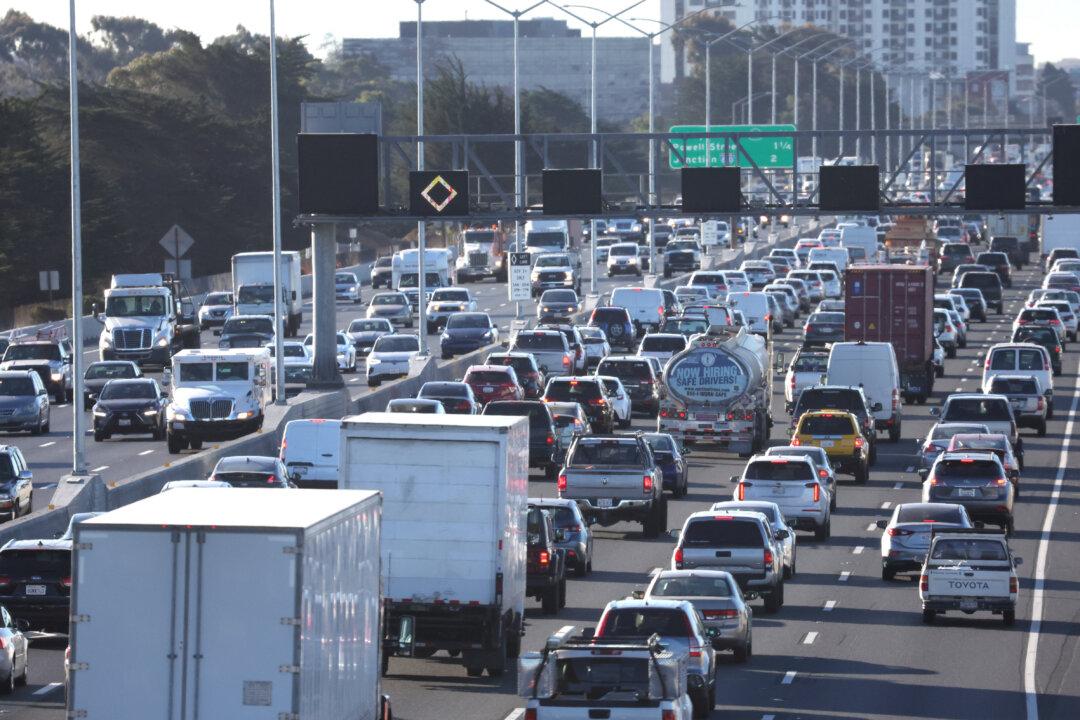Regulators in California on Thursday voted unanimously to approve a plan that will bar the sale of new internal combustion vehicles in the state by 2035.
The Advanced Clean Cars II act (pdf), voted on by the California Air Resources Board (CARB), will also gradually phase out gas-powered vehicles in the state over the next dozen years or so. Thirty-five percent of vehicles manufactured in 2026 and sold in California would have to be “zero emission,” up from 12 percent required today.





